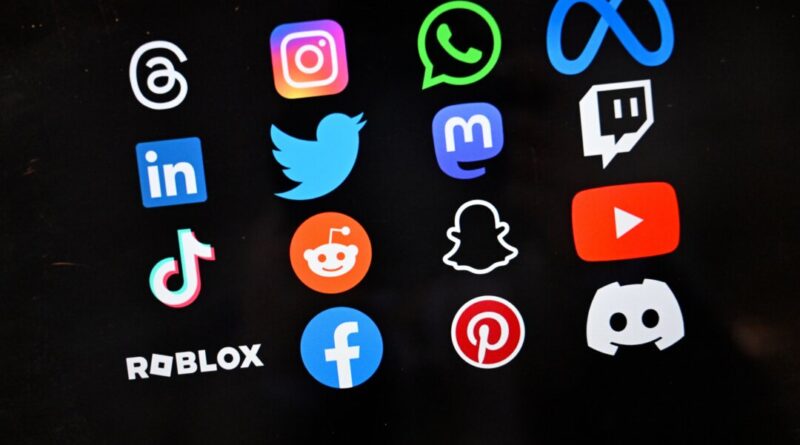Australian Senate Approves Groundbreaking Law Prohibiting Under-16s from Using Social Media
The law will take effect in 12 months.
Late into the night on Nov. 28, the Australian Senate passed a “world first” law that prohibits children under 16 years old from accessing social media.
Once the new law is in place, young Australians will not be able to access platforms like TikTok, Facebook, Instagram, Snapchat, Reddit, and X—age verification technology will be used by Big Tech firms to ensure compliance.
Some social media programs will still be allowed, such as YouTube and educational apps.
The center-left Labor government successfully pushed the Bill through with support from the center-right Liberal-National Coalition amidst a flurry of Bills on the last sitting day of Parliament in 2024.
Keeping Phones From Kids Unrealistic: Senator
Liberal Senator Dave Sharma argued in the Senate on Nov. 28 that parents need assistance in managing their children’s social media usage.
“Parents need help with this, and government intervention might be necessary,” he said.
“Parents often struggle with the prevalence of phones and electronic devices, and the simplistic solution of taking away a child’s phone or giving them a non-smart phone without apps is not practical,” Sharma said.
“In today’s world, we expect our children to be reachable, especially in situations where both parents work and may not be at home when the children are home or coming home from school.”
Sharma acknowledged that there are benefits to children using social media to stay connected.
“During the COVID pandemic, we saw how children used messaging and social media platforms to stay in touch, building and maintaining connections,” he said.
“Social media also helps those who are isolated geographically or socially to build a community not otherwise available to them in the real world.
Greens Oppose
However, Greens Senator David Shoebridge criticized the bill as deeply flawed and suggested it was influenced by media mogul Rupert Murdoch.
He also questioned the legitimacy of the short Senate inquiry into the legislation and claimed that evidence against a social media ban was overwhelming.
Labor Minister Jenny McAllister emphasized that the law would not take effect for a year, highlighting the government’s priority of ensuring Australians’ online safety.
Which Social Media Companies will be Affected?
The Online Safety Amendment (Social Media Minimum Age) Bill 2024, set to take effect within a year, will compel social media platforms to take appropriate measures to prevent Australian children from having accounts.
Companies failing to comply could face fines up to $49.5 million (US$32 million).
Social media platforms will also need to implement technology to verify the age of users.
“The Bill does not specify how platforms should meet the minimum age requirement,” the explanatory memorandum explains.
“However, it is expected that platforms will need to implement some form of age verification to determine if a user is an Australian child under 16 years old.”
X Corporation’s Concerns with the Legislation
X Corporation raised concerns about the legality of the law and the failure to involve parents in a submission to the Senate Environment and Communications Legislation Committee.
“The Bill overlooks the wider technology ecosystem and excludes entire industries and segments of society, including parents and caregivers, who should work together to keep young Australians safe online.”
Billionaire Elon Musk also weighed in on the social media ban personally on Nov. 21, responding to a post from Prime Minister Anthony Albanese supporting the ban.
Catholic School Parents in Favor
The Senate Committee also heard supportive views of the bill, with the New South Wales government presenting a survey of 21,000 people showing that 87 percent of respondents favored a minimum age requirement for social media.
Catholic School Parents Western Australia asserted that social media can impact children’s behavior.
“Parents are concerned that children are becoming desensitized to certain content they see and developing a distorted understanding of serious topics,” the advocacy group told the inquiry.





